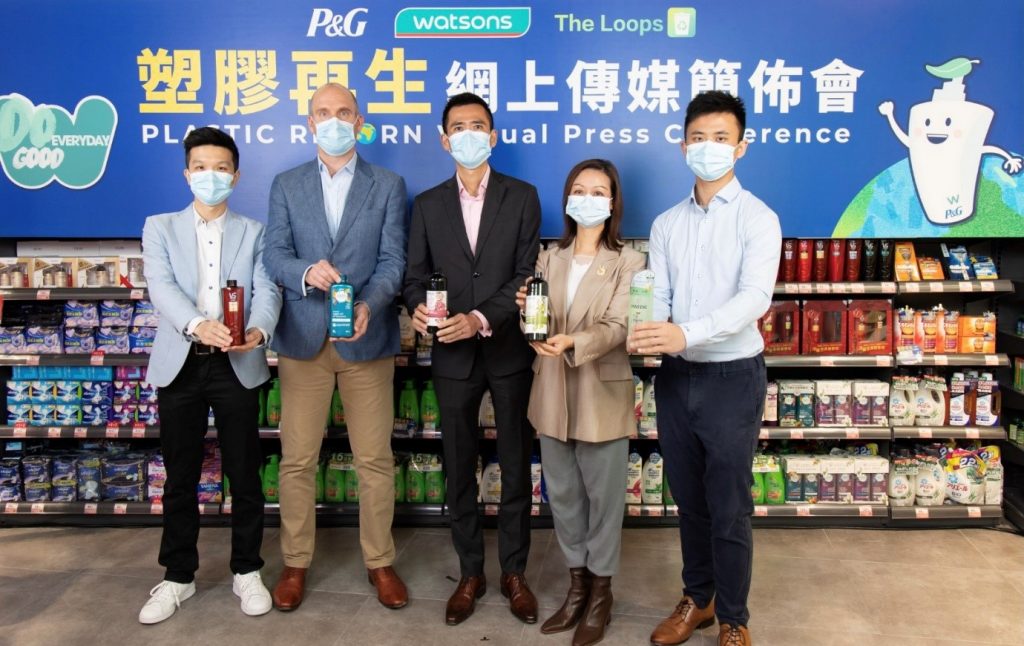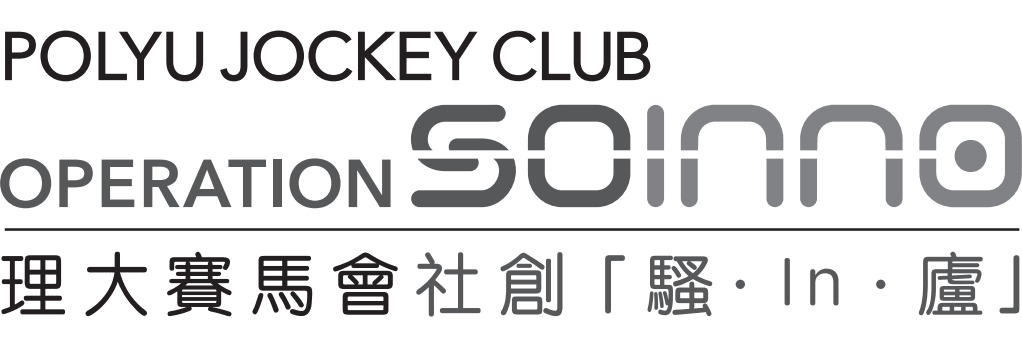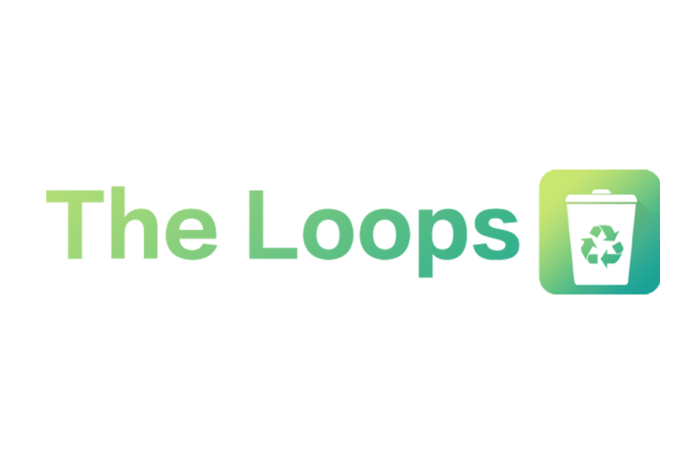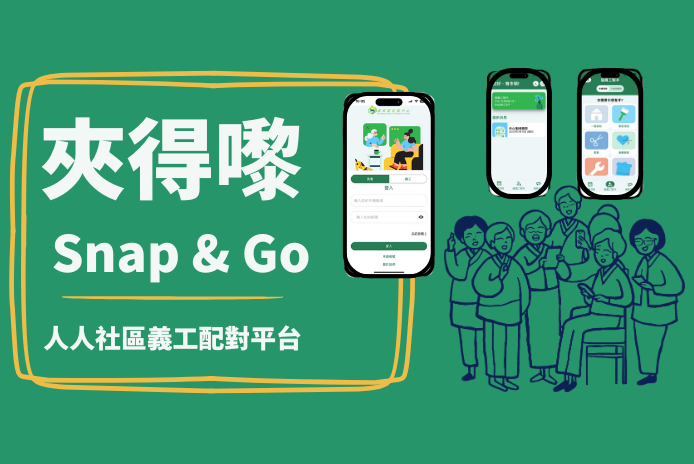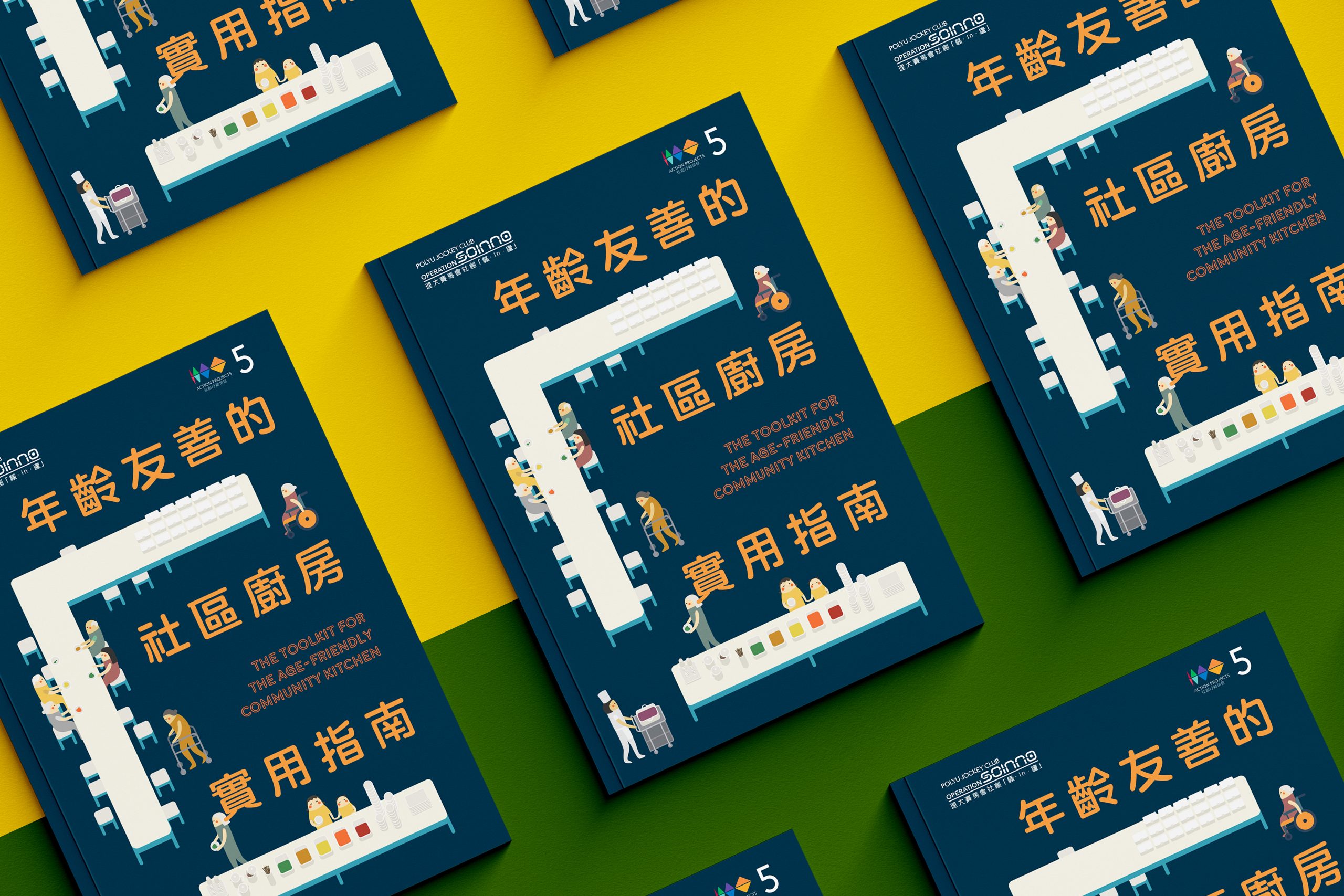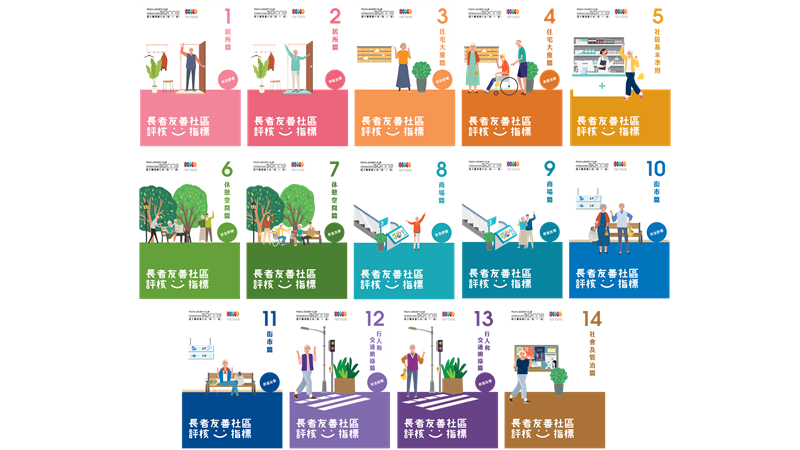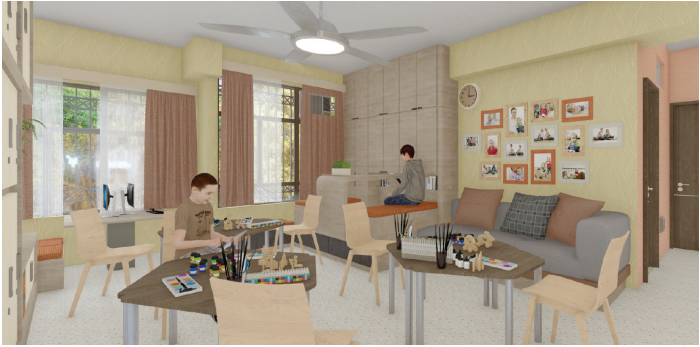Overview
The municipal solid waste charging policy in Hong Kong has sparked debates and discussion. For months, the city has been keen to find out how to gain public acceptance and support for any form of waste recycling service.
Jorch WONG founder of the recycling company “The Loops”, believes that a one-stop recyclable collection service is the key to achieving success in this area. He notes that Hong Kong is lagging behind in terms of waste recycling services. While the government has taken the lead in operating the GREEN@COMMUNITY recycling network, the scheme still requires citizens to take their recyclables to designated service points under this scheme. For many people, these service points are too far away, and their opening hours are very limited. Because of these barriers, many citizens find it difficult to keep up their good intentions to contribute to a greener environment.
The Loops provides a one-stop recyclable collection service for both residential and commercial accounts in Hong Kong. The company’s service covers 40 common categories of household waste. Users simply need to place their cleaned recyclables in a provided basket, and the Loops sends someone to collect the baskets every week. The collected items are then categorised, disinfected and recycled. In turn, customers receive a variety of coupons every month, including those for spending at a number of local green enterprises. This is a way of encouraging service users to adopt a green lifestyle and to reduce waste at source. The door-to-door recyclable collection service is tailored for dual-income families that do not have much time to take care of their waste recycling; it also appeals to young users who are committed to sustainable living.
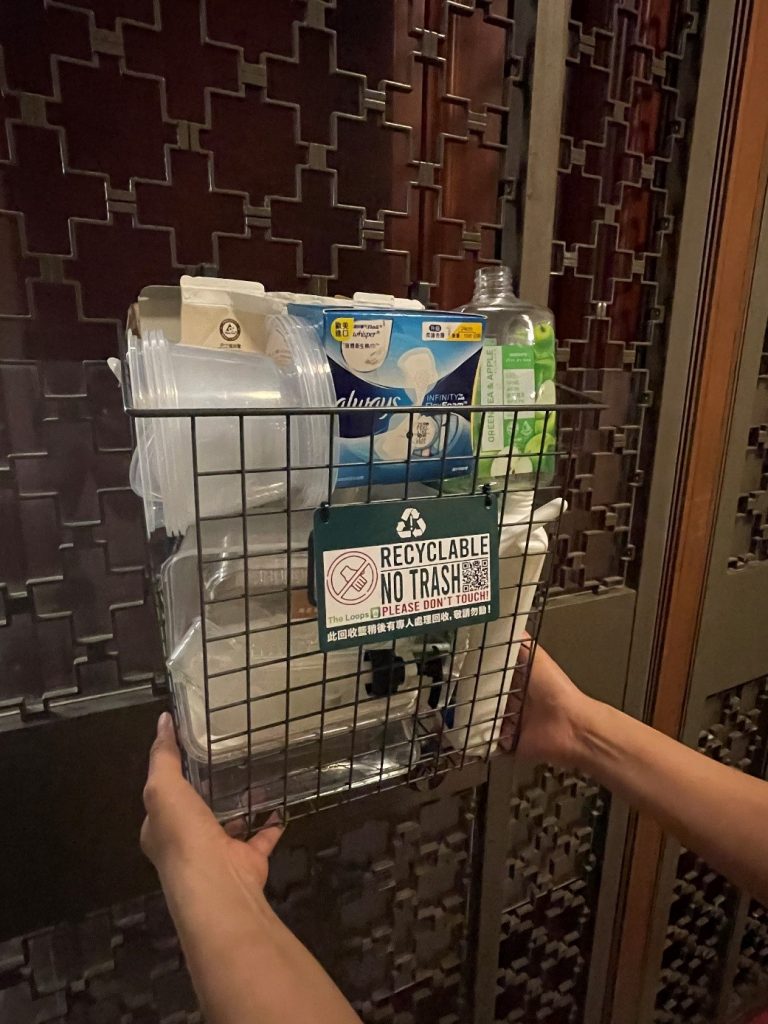
Outcomes
Since its inception in 2020, The Loops’ mission has been to improve the convenience of door-to-door recyclable collection and to make it easier for customers to go green. Its service supports up to 40 recyclable categories—the range of supported household items is wider than that offered by similar services (such as that of GREEN@COMMUNITY). Currently, The Loops has a core customer base with a few hundred subscribers who pay a monthly fee. The company has also hired a few dozen part-time workers and its service area has expanded from Tseung Kwan O at the beginning to 13 districts across Hong Kong. While the current customer base is mainly located in the New Territories and Kowloon, the company is looking to tap into customers on the island side.
As people become more aware of the Environmental, Social and Governance (“ESG”) issues, The Loops now serves both residential and commercial accounts. Some of the company’s business clients are sizeable corporations, including the leading household brand P&G, the investment bank BlackRock, as well as Watsons, Deliveroo, Cathay City, and even the luxury brand Louis Vuitton.
In addition to providing a one-stop door-to-door recyclable collection service, The Loops also incentivises its customers to be green consumers by offering vouchers for green businesses such as GRan HK, Green Price, Slowood, etc. These initiatives encourage customers to stay green in different aspects of their lives and reduce waste at source.
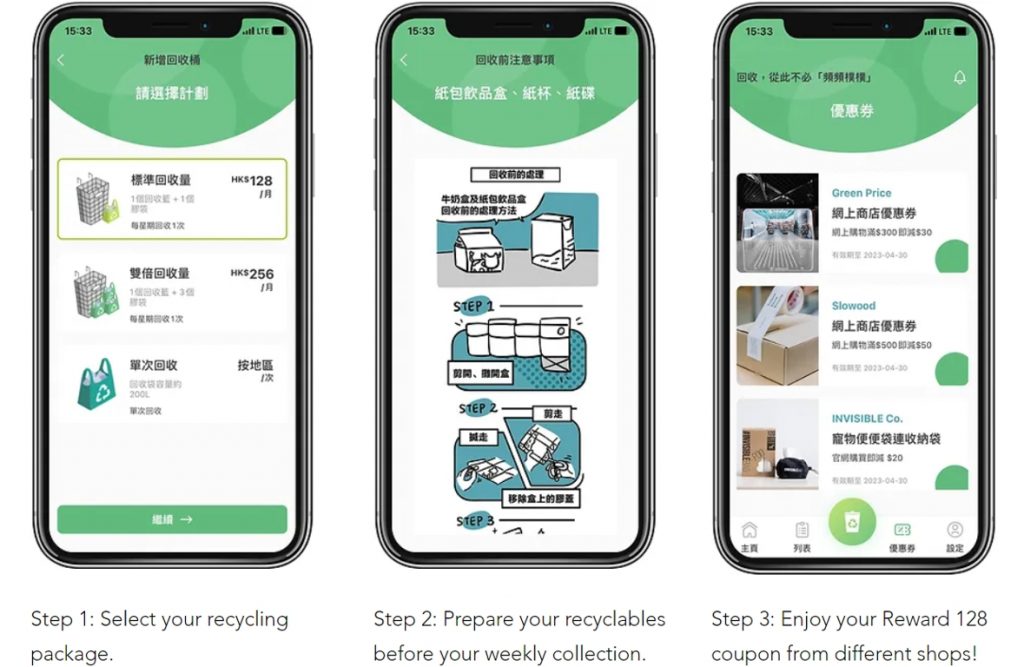
Process
Inspiration
Jorch was inspired by the Japanese culture when he visited the country in 2018. He was impressed by their proactive support for recycling, separating their wastes at home and disposing of different wastes on specific days of the week according to the regulations in place. Jorch was moved by the environmental awareness of the Japanese community and realised that the comprehensive recycling facilities played a big role.
Upon his return to Hong Kong, Jorch tried to maintain his own recycling habits, but he encountered various difficulties due to the lack of convenient facilities. As a Lam Tin resident, he tried to join the “Waste-no-mall” campaign, but the nearest service point was in Hang Hau. As a result, he spent two hours every Saturday afternoon travelling on the MTR to take his recyclables to a service point under a flyover in Hang Hau. Subsequently, a relatively close-by GREEN@COMMUNITY spot became available. Yet, he found that the recyclable categories accepted at this site was very limited. Many household wastes, such as takeaway chopsticks, old batteries, make-up containers and crisp packets were rejected. As much as Jorch made the effort to contribute to separating wastes for recycling, many ended up declined by the recycling location.
Ideation
In the early stage of The Loops, the team looked to other Asian communities and analysed how the general public dealt with household waste recycling. Yet, nothing could be identified because the Japanese, Taiwanese and other governments already offered all-round policies and convenient facilities. In other words, there was no gap for citizens to close. For example, Japanese residents learned about separating and recycling household wastes from a young age. If one neighbour does not cooperate, collectors from recycling truck would refuse to undertake waste and the whole neighbourhood would suffer. The situation in the United Kingdom is similar. Cleaners contracted by the government decline collection when wastes are found to be unseparated or mixed with plastic bags.
As a result, The Loops reviewed the pain points of existing waste recycling services, and addressed them. The company’s new services include door-to-door collection, one-stop processing, and support for 40 categories of recyclables. For many citizens, The Loops’ service makes it much more practical and easier to lead a green life.
Besides its door-to-door collection, The Loops is most proud of its inclusive and detailed approach to separating recyclables. WONG pointed out that everyday plastic items can hardly be processed in a single run. Some plastic recyclers separate different plastics using the floating method, but this is not applicable to plastic bags and polystyrene because they always float. The team saw this pain point in the recycling process and came up with a solution to address it. It begins with categorisation at their Sun Po Kong headquarters. The separated plastics are then sent to reliable recycling factories. This initiative not only meets the public’s needs but also establishes the company’s uniqueness.

Implementation
Jorch still recalls the difficulties that he had to overcome in the early days of the business, in particular with door-to-door collection and pricing. Concerned that recycling and a service fee for recycling may appear contradictory to the public, the team did not feel comfortable about setting the monthly subscription fee too high. It was set at 48 dollars per month at the beginning. In other words, if recyclables are collected four times a month, then each run would cost just above 10 dollars. Jorch himself thought the pricing was ridiculously low. After running at this over six months, he realised that the business cannot sustain without raising the price. The monthly fee was gradually increased to the current price of 128 dollars per month. “We were worried at first, but in the end, only two customers left us after the price increase. More joined afterward. Our customer base continued to grow the next week after the price raise.”
On the other hand, while door-to-door collection was the theme of The Loops, logistics and transportation in the early had delays at times. Collection may end up late, with some postponed until midnight. There were times when Jorch had to carry the recyclables and walk up and down a building. Since the bags are packed with plastic and polyfoam, the building’s security may mistake him for an unauthorised garbage collector and question him.
Today, The Loops not only serves young families but also corporate accounts. From 2021, the company has been collaborating with Watsons Hong Kong and Procter & Gamble Hong Kong Limited (P&G). The three-year programme aims at recycling the plastic containers of personal care products. Customers who return the said plastics to a Watsons branch would receive an electronic stamp and other incentives. The Loops is proactively cooperating with chain stores and connecting with even more members of the public. The company’s goal is to simplify the seemingly complicated waste recycling processes. It also provides the incentives for green consumption, which further promotes the philosophy and lifestyle of sustainable living.
